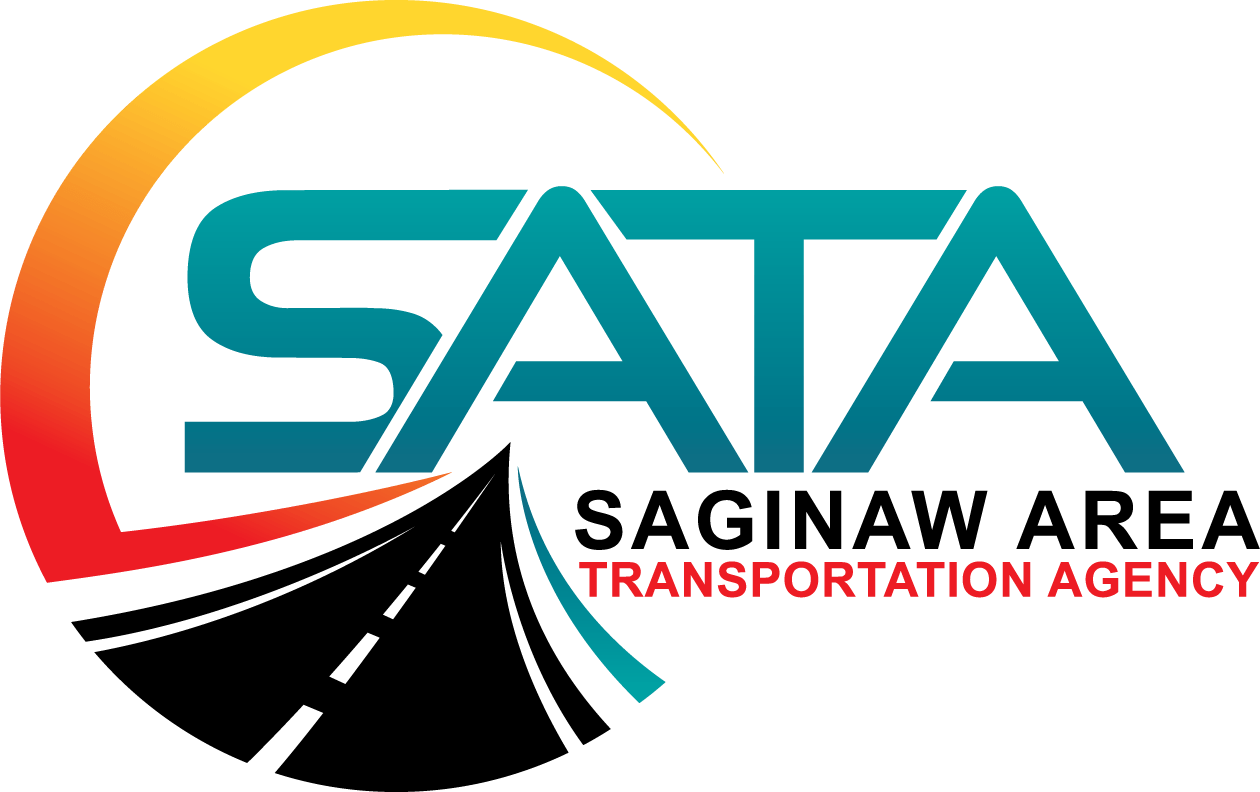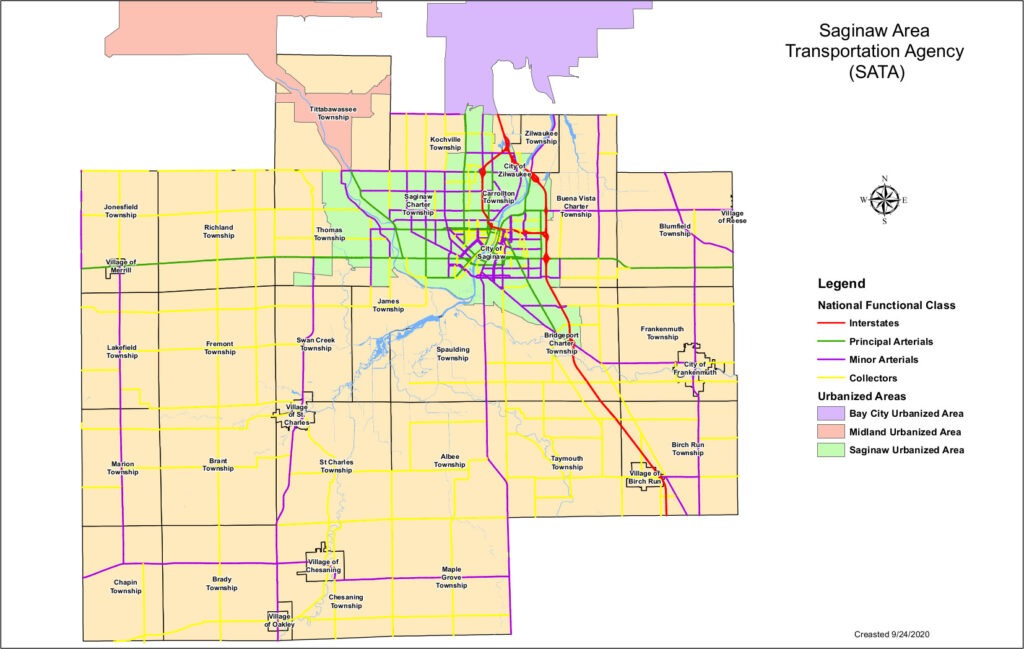Transportation helps shape an area’s economic health and quality of life. Not only does the transportation system provide for the mobility of people and goods, it also influences patterns of growth and economic activity through accessibility to land. Furthermore, the performance of the system affects such public policy concerns such as air quality, environmental resource consumption, social equity, smart growth, economic development, safety, and security.
The SATA is a Metropolitan Planning Organization (MPO)
A metropolitan planning organization, or MPO, is a transportation policy-making organization made up of representatives from local government and transportation authorities. Federal legislation passed in the early 1970s required the formation of an MPO for any urbanized area with a population greater than 50,000. MPOs were created in order to ensure that existing and future expenditures for transportation projects and programs were based on a continuing, cooperative, and comprehensive planning process. Federal funding for transportation projects and programs is channeled through this planning process.
What is Transportation Planning?
Transportation planning recognizes the critical links between transportation and other societal goals. Transportation planning in metropolitan areas is a collaborative process, led by the metropolitan planning organization (MPO) and other key stakeholders in the regional transportation system.
Metropolitan transportation planning is the process of examining travel and transportation issues and needs in metropolitan areas. It includes a demographic analysis of the community in question, as well as an examination of travel patterns and trends. The planning process includes an analysis of alternatives to meet projected future demands, and for providing a safe and efficient transportation system that meets mobility needs while not creating adverse impacts to the environment.
The transportation planning process is aided by the development of:
- A Long Range Transportation Plan (LRTP) 2045 that looks at transportation activities for the next 20-30 years and helps to ensure a regionally integrated transportation system.
- A Transportation Improvement Program (TIP) 2023-2026 which covers transportation improvements over the next four years.
- A Unified Work Program (UWP) FY 2023 that identifies transportation issues facing the urbanized area and indicates work items to be undertaken to address those issues.


